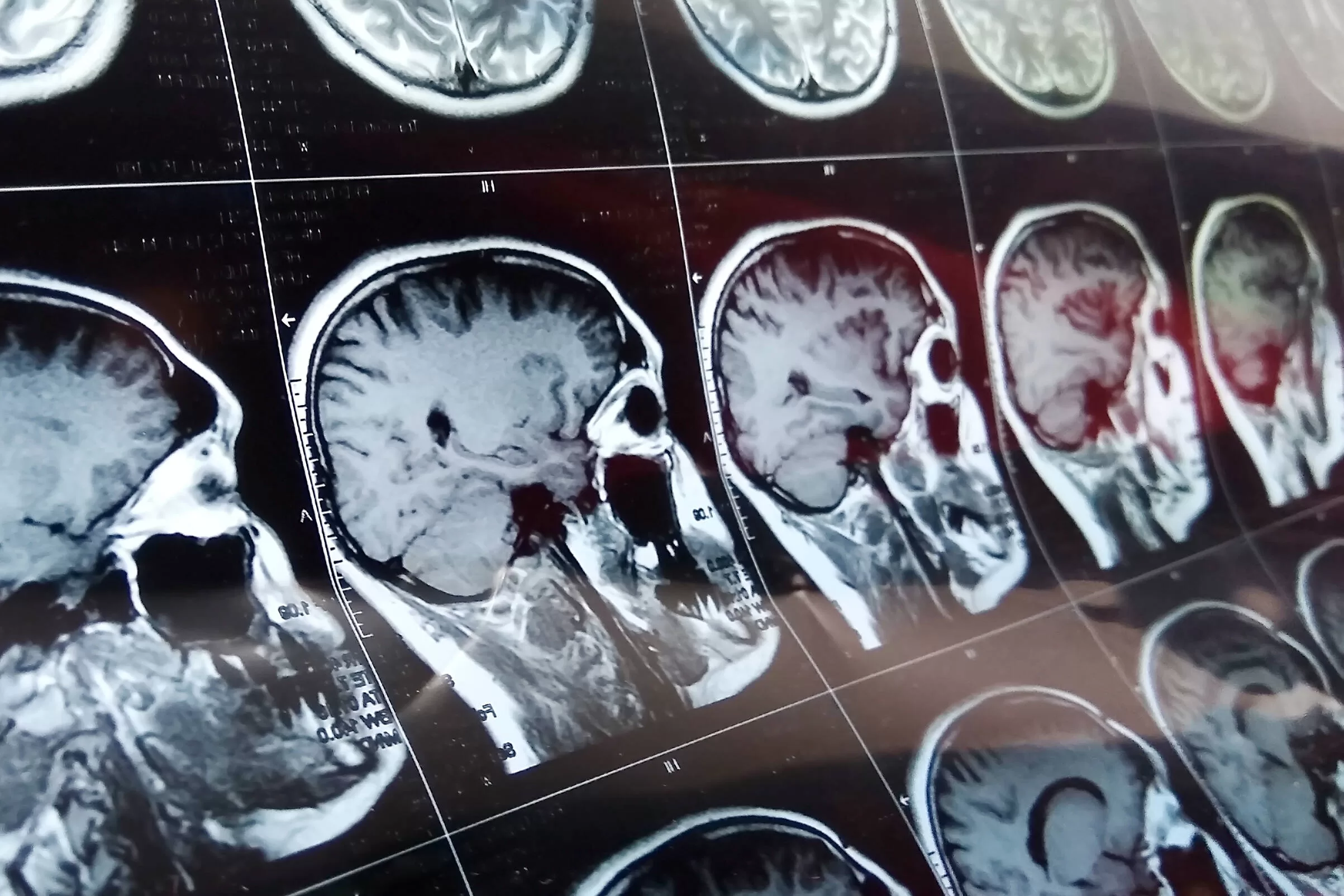The three investigations, published in the journals ‘Nature’, ‘Nature Aging’ and ‘Nature Communications’, reveal that platelet factor 4 (PF4), produced by platelets in the blood, acts as the key messenger in each of these interventions.
Saul Villeda, associate director of the UCSF Bakar Research Institute on Aging and lead author of one of the studies, explained: “Young blood, klotho, and exercise can, in a way, tell your brain, ‘Hey, improve your function.’ With PF4, we are beginning to understand the vocabulary behind this rejuvenation.”
(You may be interested: Vital Midwife: this is the project that recognizes the wisdom of ancestral medicine).
Villeda led the study on young blood, while Dr. Dena Dubal and Tara Walker led the work on klotho and exercise, respectively.
PF4 was shown to rejuvenate the aging immune system, decreasing inflammation and increasing brain plasticity.
PF4 was shown to rejuvenate the aging immune system, decreasing inflammation and increasing brain plasticity. In Dubal’s words: “PF4 makes the immune system appear younger, which leads to a brain with less inflammation, more plasticity, and ultimately, more cognition.”
Ultimately, these findings open up new perspectives for addressing biomedical issues related to cognition and aging. Walker points out that since not everyone can participate in physical activity, PF4-focused pharmacological intervention could be a valuable option to counteract age-related cognitive decline.
“For many people with impaired health, mobility, or advanced age, exercise is not possible, so pharmacological intervention is an important field of research. We can now target platelets to promote neurogenesis, improve cognition, and counteract the age-related cognitive decline,” Walker concluded.

